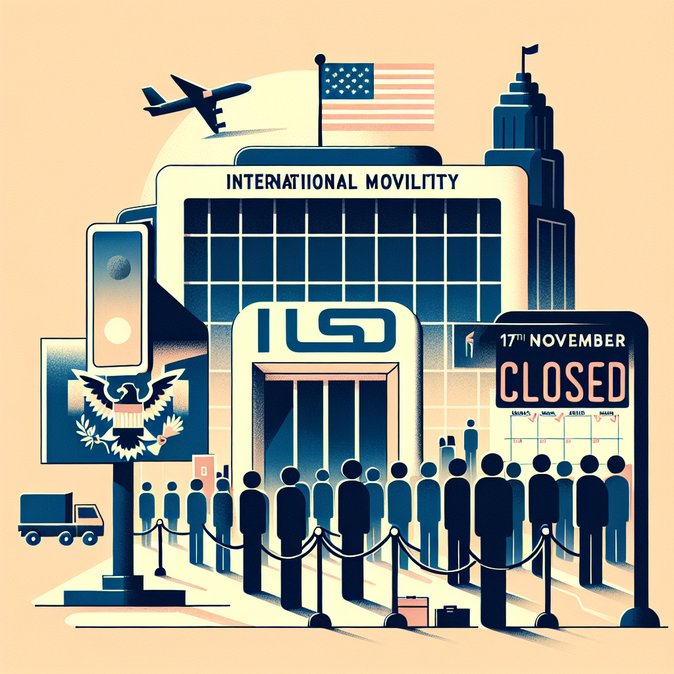
All Czech diplomatic missions—from The Hague to Ulaanbaatar—were dark on Monday, 17 November, as the country marked the Day of Struggle for Freedom and Democracy. The Ministry of Foreign Affairs confirmed that no visa, legalisation or notarial services would be offered during the day, creating a de-facto four-day service blackout once the preceding weekend is counted.
For global mobility managers, the pause carries real operational risk. Many Czech consulates run automated booking portals that calculate appeal and pick-up windows in calendar—rather than business—days. Applicants whose thirty-day limit would otherwise have expired on 17 November had to act by Friday the 14th or face filing costly extension requests. Missions handling high-volume markets—such as Mumbai for Schengen visas and Cairo for seasonal-work permits—already report backlogs that will now spill over into the week of 18 November.
![Czech Embassies Worldwide Close for 17 November Holiday, Forcing Mobility Teams to Re-plan Deadlines]()
The holiday also reverberated through supply-chain corridors. Customs at Prague’s Václav Havel Airport operated with skeleton staff, delaying any shipment that required a physical inspection. Freight forwarders advised exporters to pre-lodge electronic manifests and, where feasible, reroute perishables through Vienna or Leipzig to avoid spoilage.
Employee-relations teams were reminded that the domino effect extends beyond consulates. Czech banks, the Prague Stock Exchange and many private clinics ran reduced hours, complicating payroll transfers and the issuance of medical attestations often required for local work-permit conversions. Firms with time-sensitive onboarding dates have been urged to brief travellers that support services would resume only on Tuesday, 18 November.
Although the Day of Struggle for Freedom and Democracy is a fixed annual holiday, the long-weekend impact varies year to year. Mobility consultants advise marking 17 November, 5 July and 28 October—Czechia’s three most disruptive public holidays—in project timelines for 2026 to prevent a repeat of this week’s crunch.
For global mobility managers, the pause carries real operational risk. Many Czech consulates run automated booking portals that calculate appeal and pick-up windows in calendar—rather than business—days. Applicants whose thirty-day limit would otherwise have expired on 17 November had to act by Friday the 14th or face filing costly extension requests. Missions handling high-volume markets—such as Mumbai for Schengen visas and Cairo for seasonal-work permits—already report backlogs that will now spill over into the week of 18 November.

The holiday also reverberated through supply-chain corridors. Customs at Prague’s Václav Havel Airport operated with skeleton staff, delaying any shipment that required a physical inspection. Freight forwarders advised exporters to pre-lodge electronic manifests and, where feasible, reroute perishables through Vienna or Leipzig to avoid spoilage.
Employee-relations teams were reminded that the domino effect extends beyond consulates. Czech banks, the Prague Stock Exchange and many private clinics ran reduced hours, complicating payroll transfers and the issuance of medical attestations often required for local work-permit conversions. Firms with time-sensitive onboarding dates have been urged to brief travellers that support services would resume only on Tuesday, 18 November.
Although the Day of Struggle for Freedom and Democracy is a fixed annual holiday, the long-weekend impact varies year to year. Mobility consultants advise marking 17 November, 5 July and 28 October—Czechia’s three most disruptive public holidays—in project timelines for 2026 to prevent a repeat of this week’s crunch.








